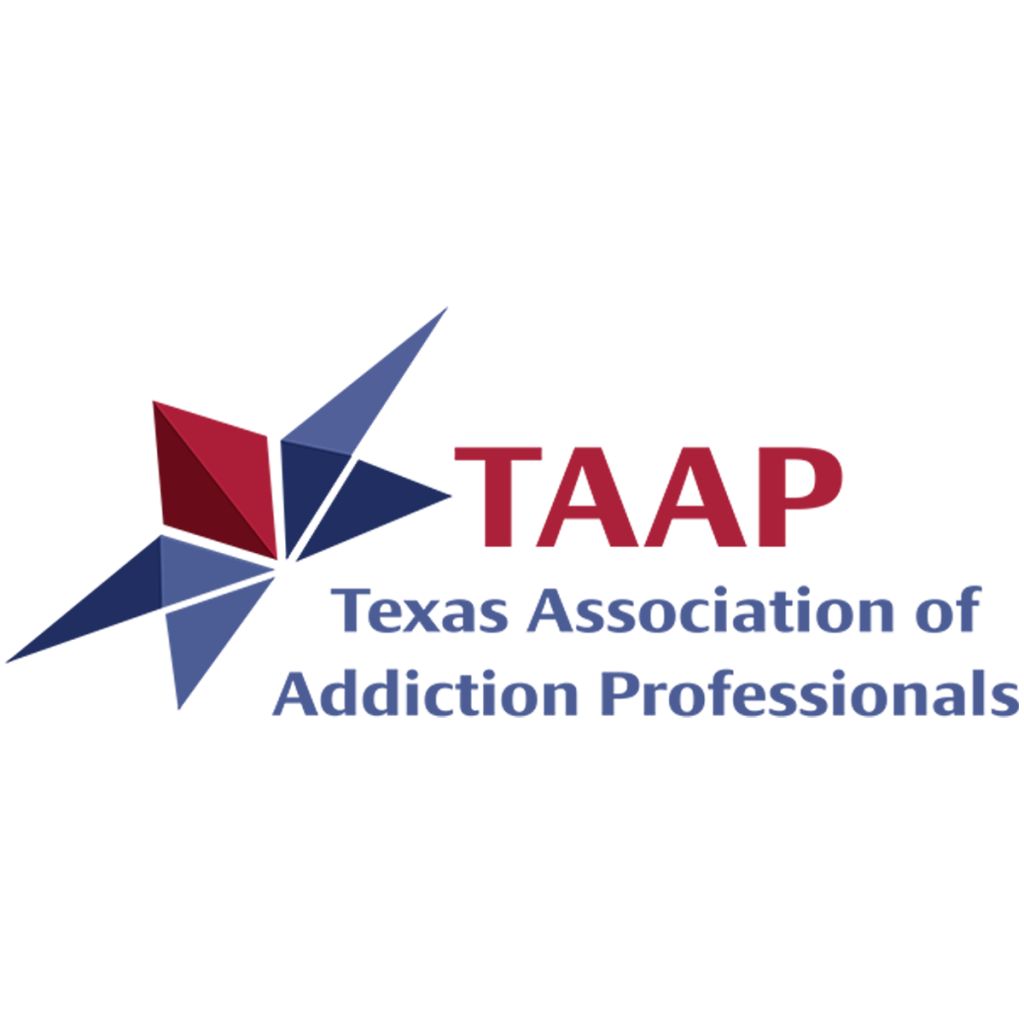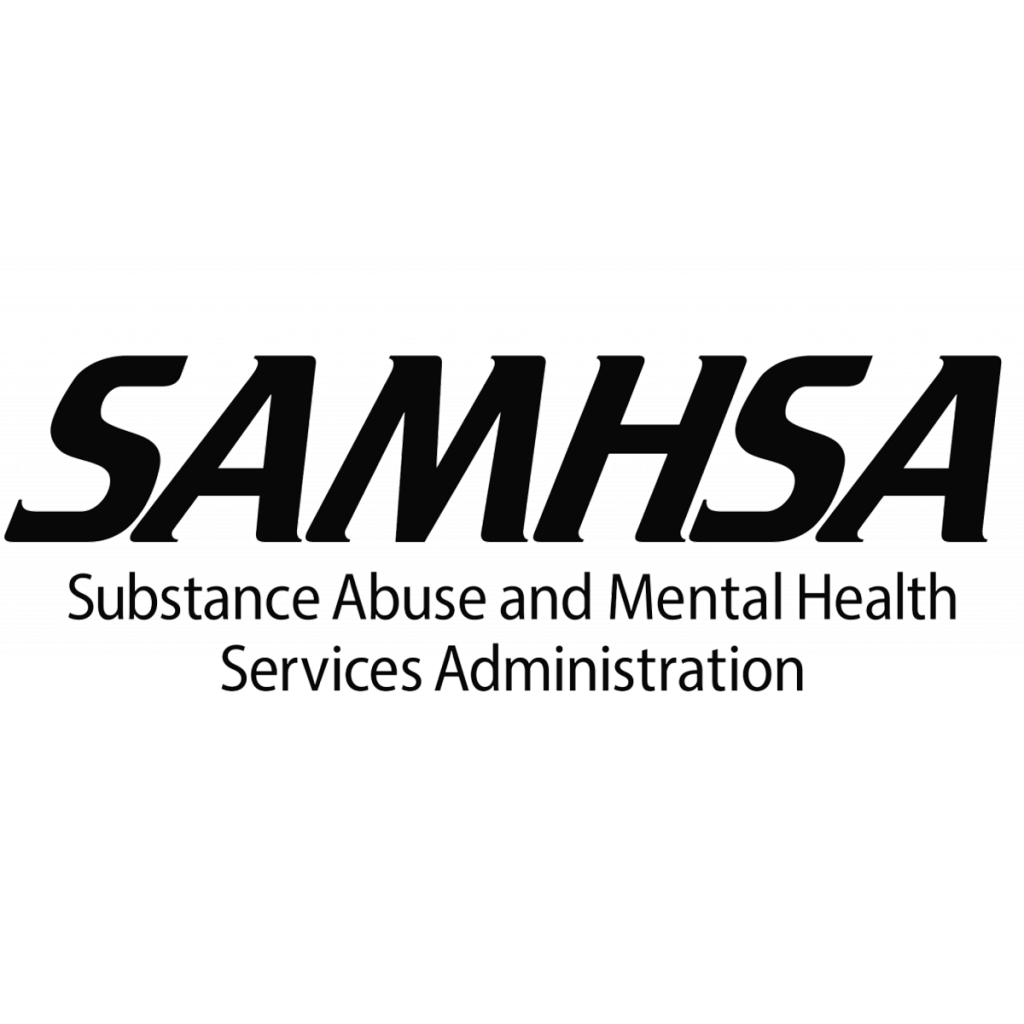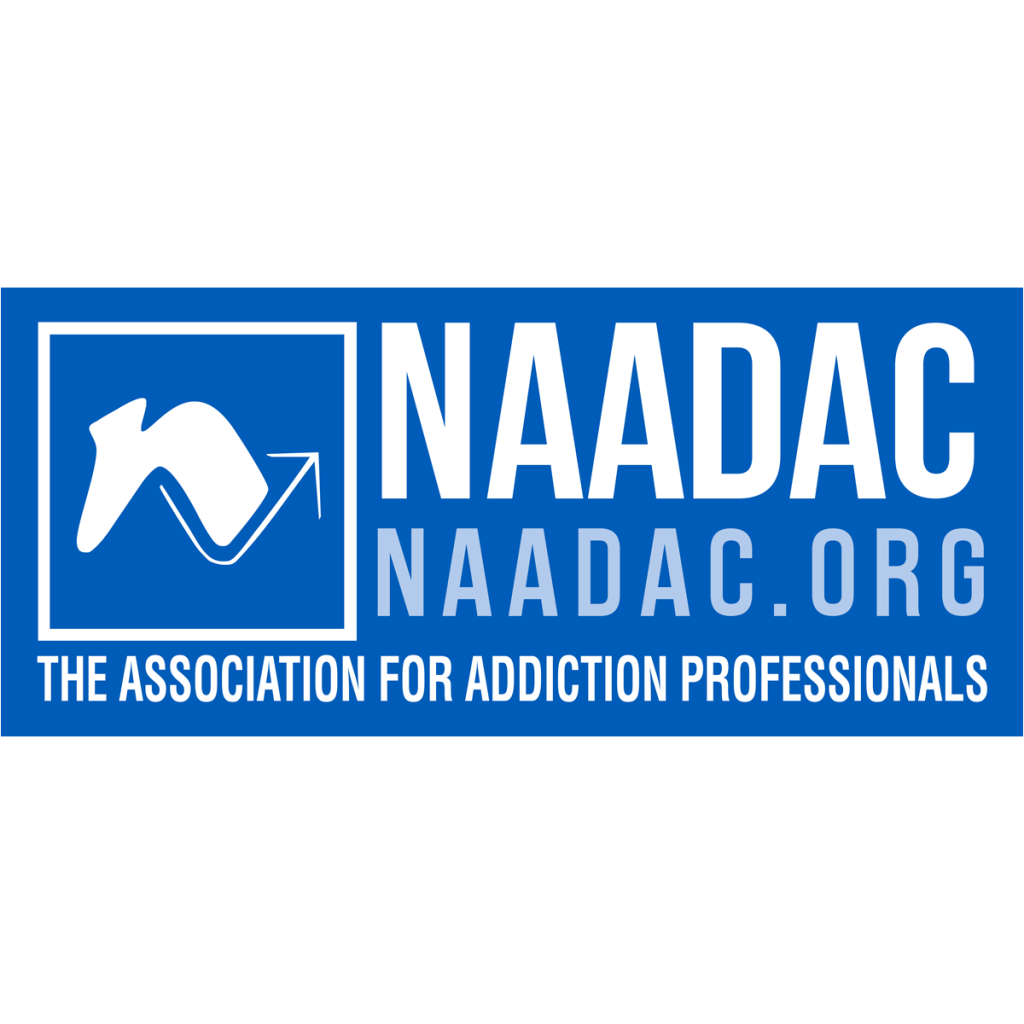
Table of Contents
Drug rehab centers in Austin offer a range of evidence-based treatment modalities that promote long-term recovery. From detox to aftercare support, drug addiction treatment entails various stages that require comprehensive care and support. In this article, we will explore five effective approaches to drug rehab in Austin that can help individuals achieve successful recovery.
Drug addiction is a complex and challenging condition that affects millions of people worldwide. In Austin, Texas, substance abuse is a growing public health crisis that calls for effective intervention strategies.
To beat addiction and stay sober, you need to identify the factors that lead to drug use. These can include your feelings, friends, and environment. Examining these elements can help you make the necessary changes to stay sober.
Understanding the Importance of Effective Approaches to Drug Rehab
Drug addiction affects every aspect of a person’s life, including their physical health, mental wellbeing, and social relationships. Overcoming addiction requires more than simply giving up substance use. You have to deal with all the parts of your life that addiction has affected. Effective drug rehab approaches aim to help patients achieve lasting recovery by providing evidence-based treatments, therapies, and support services.
Effective approaches to drug rehab:
- Comprehensive Treatment: Effective drug rehab approaches provide holistic care that addresses the underlying causes of drug addiction and its impact on the individual’s physical, emotional, and psychological health. This approach focuses on the whole person and enables patients to regain control of their lives.
- Evidence-Based Practices: Effective drug rehab approaches are grounded in evidence-based practices and have been proven to be successful in helping individuals achieve lasting recovery. These practices include individual and group therapy, cognitive-behavioral therapy, medication-assisted therapy, and aftercare support.
- Personalized Treatment: Effective drug rehab approaches recognize that each person’s addiction journey is unique and customizes treatment plans to meet the individual’s specific needs. This approach ensures that patients receive tailored care that addresses their unique addiction challenges.
- Continuous Support: Effective drug rehab approaches provide continuous support and follow-up care to help patients maintain their recovery and prevent relapse. This approach includes support services such as aftercare programs, peer support groups, and regular check-ins with healthcare professionals.
- Improved Quality of Life: Effective drug rehab approaches help patients achieve lasting recovery, which leads to a better quality of life. This includes improved physical health, mental wellbeing, and social relationships, as well as increased job opportunities and higher income potential.
In conclusion, understanding the importance of effective approaches to drug rehab is crucial for individuals struggling with addiction. Effective addiction treatment addresses all aspects of a person’s life to aid in recovery. This leads to a better life without addiction.
Comprehensive Assessment and Treatment Planning
Planning is a critical component of effective drug rehab approach. Comprehensive assessment evaluates the person’s physical, psychological, and social needs, providing a clear understanding of their addiction journey. This process checks for other issues, such as mental health problems that could be causing addiction. It also checks for medical conditions, such as chronic pain, that require special treatment.
Plans are made for each person with specific needs. This may include different types of treatment and support. Drug rehab helps people recover by providing ongoing support and monitoring progress. It recognizes that recovery is a process.
Some key components of planning:
- Medical Evaluation: Doctors check a person’s health to decide how to treat them. They look for other health problems and may give medicine if needed.
- Psychological Evaluation: A mental health check-up examines a person’s emotional and cognitive state. It also looks for any issues that require special attention, such as anxiety or depression.
- Substance Abuse Evaluation: A drug check-up examines a person’s history of drug use. This includes the type of drugs used, the amount, the frequency, and if they have previously sought treatment.
- Customized Treatment Plan: After a thorough evaluation, professionals implement a custom plan to meet the specific needs of the person. This plan may include a combination of therapeutic approaches, such as individual and group counseling, behavioral therapies, and medication-assisted therapy.
- Ongoing Support: Drug rehab helps people stay sober with support like aftercare, group meetings, and doctor check-ins. This helps them keep their recovery going and avoid going back to using drugs.
In conclusion, a comprehensive assessment and treatment planning are key components of effective drug rehab approaches. We use these steps to understand someone’s addiction and make a plan to help them. This helps them recover and have a better life.
Personalized and Evidence-Based Therapy
Personalized and evidence-based therapy is a crucial component of successful drug rehab approaches. It recognizes that every individual is unique, and their addiction journey requires individualized treatment. Personalized therapy means creating a treatment plan that fits the person’s needs, instead of using the same plan for everyone.
Evidence-based therapy is a systematic approach to treatment that is backed by scientific research and proven to be effective. It utilizes techniques and therapies that have shown success in treating addiction, ensuring that individuals receive the best possible care.
Here are some key components of personalized and evidence-based therapy:
- Individualized Treatment Plan: Each person gets a plan based on their addiction history, other disorders, and what they want. The plan may include a combination of behavioral therapies, medication-assisted therapy, and support services.
- Cognitive Behavioral Therapy (CBT): CBT is a therapy that helps people change negative thoughts and behaviors that cause drug use. It has been demonstrated to be effective and widely utilized.
- Motivational Interviewing (MI): MI helps people with addiction explore their feelings and make positive changes in treatment.
- Medication-Assisted Therapy (MAT): MAT helps people stay sober by using medicine and counseling to manage withdrawal and cravings.
In conclusion, personalized and evidence-based therapy is critical to successful drug rehab approaches. We understand everyone’s addiction journey is different. We use proven methods to help people stay sober and have a better life.
Holistic Care and Support Services
Holistic care and support services are becoming increasingly popular in the field of drug rehab. These approaches recognize that addiction affects not only the physical body but also the mind, emotions, and spirit. Holistic approaches aim to treat the whole person and create a supportive environment for successful recovery. Here are five effective holistic approaches to drug rehab in Austin:
- Yoga and Meditation: Yoga and meditation are ancient practices that can promote peace, relaxation, and mindfulness. These practices can help individuals manage stress and anxiety, improve focus and attention, and increase self-awareness.
- Nutritional Therapy: Nutritional therapy focuses on the role of diet in health and wellness. A healthy diet can improve physical health, provide essential nutrients to support brain function, and promote emotional and mental stability.
- Art Therapy: Art therapy is a creative way to explore emotions, thoughts, and feelings. Creating art can help individuals express themselves, relieve stress, and develop new coping skills.
- Outdoor Activities: Engaging in outdoor activities such as hiking, camping, and gardening can promote physical and mental health. Outdoor activities can reduce stress, improve mood, and increase energy levels.
- Support Groups: Support groups provide a safe and supportive environment for individuals in recovery. Groups that help people with addiction and recovery can connect you with others who understand your struggles. They can give you encouragement, guidance, and support.
In summary, holistic care and support services can provide a comprehensive approach to drug rehab in Austin. These approaches focus on the whole person and provide a supportive environment for individuals in recovery. By incorporating these holistic approaches, individuals can achieve successful recovery and improve their overall quality of life.
Relapse Prevention Strategies and Aftercare Support
Recovering from addiction is a lifelong journey that requires ongoing support and dedication. Relapse is a common occurrence during the recovery process, and it can be devastating for individuals in recovery. To prevent relapse and maintain sobriety, it is crucial to develop effective relapse prevention strategies and engage in aftercare support. Here are 6 effective relapse prevention strategies and aftercare support services in Austin drug rehab:
- Cognitive-Behavioral Therapy (CBT): CBT is a common therapy approach used in drug rehab. This therapy helps individuals identify and change negative thought patterns and behaviors that lead to substance abuse. CBT can provide effective coping skills and relapse prevention strategies.
- Family Therapy: Family therapy involves the participation of family members in the treatment process. This therapy can provide a supportive environment for individuals in recovery and help to rebuild strained relationships.
- Group Therapy: Group therapy involves the participation of individuals in recovery in a group setting. This therapy can provide support, understanding, and guidance from peers who understand the challenges of addiction and recovery.
- Exercise and Nutrition: Engaging in regular exercise and maintaining a healthy diet can improve physical and mental health. Working out can lower stress and anxiety and improve your mood. Consuming nutritious food provides the brain with stability it requires.
- Aftercare Support: Aftercare support services provide ongoing support for individuals in recovery. These services can include counseling, support groups, and case management, among others. Aftercare support can help individuals maintain sobriety and achieve a successful recovery.
Austin drug rehab has ways to stop relapse and help recovery with good plans and support services. By incorporating these strategies and engaging in aftercare support, individuals can achieve and maintain long-term sobriety.
Sober Fun in Austin, Texas
Living a sober life doesn’t necessarily mean missing out on all that Austin, Texas has to offer. Austin provides enjoyable activities for those in recovery. These activities are a way to have fun without using drugs or alcohol. Here are seven sober activities to enjoy in Austin:
- Barton Springs Pool – Located in Zilker Park, this natural spring-fed pool provides a cool escape from the Texas heat without the need for alcohol.
- Hiking and Biking Trails – Austin is home to numerous parks and scenic trails for all levels of hiking and biking enthusiasts.
- Live Music – Enjoy the city’s thriving music scene without the need for alcohol at one of the many venues that offer live music, such as the Continental Club or the Saxon Pub.
- Foodie Tour – Austin is renowned for its diverse and delicious food offerings. Embark on a food tour to sample some of the city’s culinary delights.
- Art Museums – Take a stroll through some of Austin’s art museums, such as the Blanton Museum of Art or the Contemporary Austin.
- Yoga – Find inner peace and improve your physical health with a yoga class at a local studio, such as Wanderlust Yoga or Black Swan Yoga.
- Volunteering – Give back to the community by volunteering at one of Austin’s many non-profit organizations, such as the Central Texas Food Bank or Austin Pets Alive.
In conclusion, Austin offers options for sober fun that allow individuals in recovery to explore the city, stay engaged with the community, and enjoy life to the fullest.
Recovery With Nova
At Nova Recovery Center, Houston we provide our patients with a very comfortable detox process, where medical professionals provide monitoring and care around the clock. You will be provided with all the medications you need to combat the withdrawal symptoms. You will enroll in the in-patient recovery program where you’ll learn to stay away from drugs, through counseling, group therapy, and so on.
Nova Recovery Center commits to helping you overcome your addiction so you can get back to what is most important to you. If you or someone you know are struggling with addiction, Nova Recovery Center can provide support. We have locations in Austin, Houston, and Wimberley Texas. Call today to begin your journey in recovery at (888) 428-1501.





